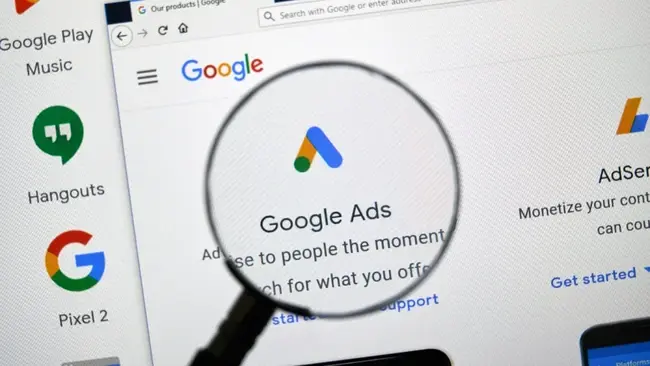
Google has announced it will block news links from search results in Canada in response to a new law that requires tech firms to pay news outlets for content.
The tech titan joins Facebook owner Meta in refusing to pay after the Online News Act was passed into law last week. The bill, which is set to take effect in six months, will force tech companies to negotiate deals with Canadian publishers.
The government believes this will help provide fair compensation to struggling news outlets and has suggested that it is crucial “to enhance fairness in the Canadian digital news market.”
Prime Minister Justin Trudeau previously said the companies were using strong-arm tactics to avoid paying for news.
“The fact that these internet giants would rather cut off Canadians’ access to local news than pay their fair share is a real problem and now they’re resorting to bullying tactics to try and get their way – it’s not going to work,” Trudeau told reporters earlier this month.
But Google has called the law “unworkable” in its current form and called for the government to rethink the legislation if it wants to keep Canadian news on Google.
“We have now informed the government that when the law takes effect, we, unfortunately, will have to remove links to Canadian news from our Search, News and Discover products in Canada,” Google said in a blog post.
“We don’t take this decision or its impacts lightly and believe it’s important to be transparent with Canadian publishers and our users as early as possible,” it said.
A years-long battle
Google’s move is just the latest development in the years-long tussle between tech platforms and publishers around the world over whether and how to share advertising revenue from engagement with news articles.
Canada’s bill is similar to an Act passed in Australia two years ago – in response to which Google and Meta also threatened to pull content from their platforms.
While Meta briefly shut down access to news feeds after the bill passed, both companies ultimately struck deals with publishers and the law was amended.
To read more about regulation on tech, visit our Business Continuity Page.
Google and Meta have also adapted to restrictive laws in Europe. A law in the EU allows the free use of links and short extracts, for instance, while the Czech Republic’s interpretation of the legislation only allows for headlines and links.
But Google believes Canada’s Online News Act is the most restrictive law yet, arguing that is so-called “link tax” would “break” the web by preventing companies from sharing links without incurring any costs.
The company maintains that a "vibrant journalism industry" is crucial, and has suggested several; policy ideas it believes will support media outlets.
These include consultation with experts, investing in newsroom progress and support for conventional news outlets as they transition to digital.
A precedent for the rest of the world
Like Meta, Google is using the threat of blocking news as a bargaining tool. Turner says the company still plans to "participate in the regulatory process," and wants the government to develop a "viable path forward."
But even if Google is able to meet a regulatory compromise with the Canadian government, it is likely that the discussions will spark similar bills being introduced around the world.
Other similar efforts to introduce a “journalism usage fee” on large tech platforms like Meta and Google are already being negotiated in California.
The bill, proposed by state assembly member Buffy Wicks, would provide what proponents describe as a “lifeline” for local news organisations by forcing tech firms to share portions of the advertising revenue it derives from sharing news articles with publishers.
Meta has similarly threatened to pull any news links from Facebook and Instagram if the legislation moves forward.
Meta statement on the California Journalism Preservation Act. pic.twitter.com/ssgk1vSryB
— Andy Stone (@andymstone) May 31, 2023
Meta spokesperson Andy Stone tweeted that the bill would force the Facebook and Instagram owners to pay into a “slush fund that primarily benefits big, out-of-state media companies under the guise of aiding California publishers”














Comments ( 0 )